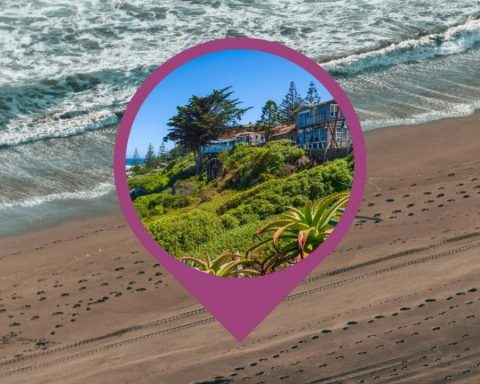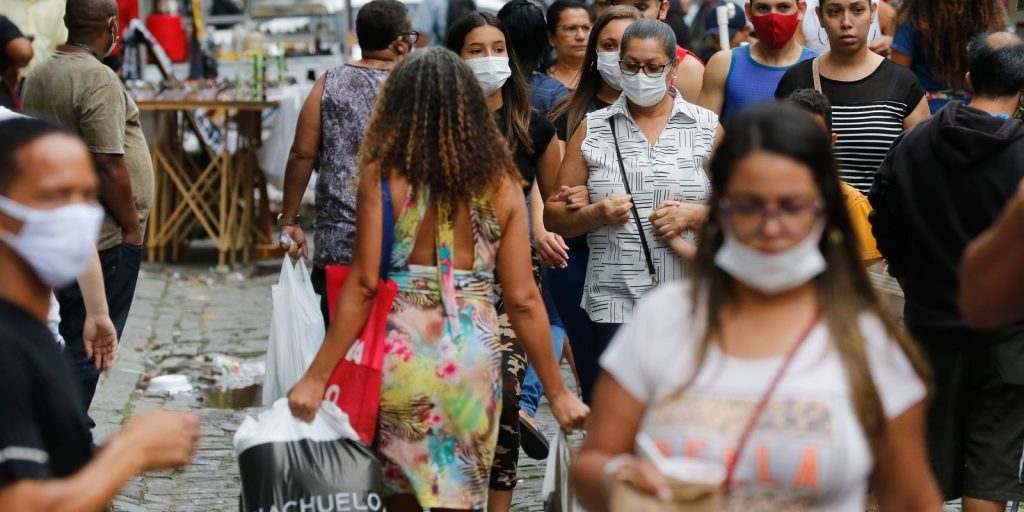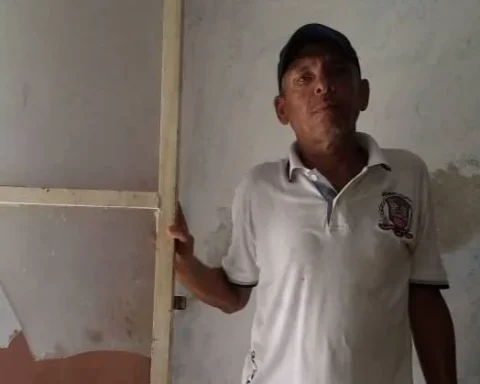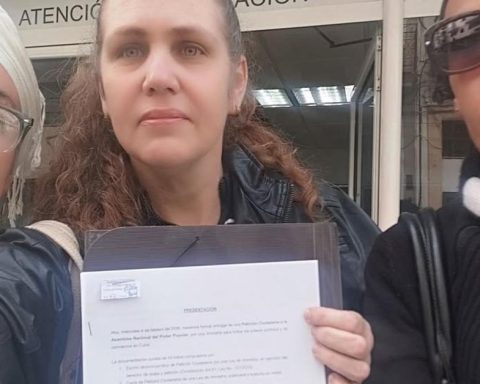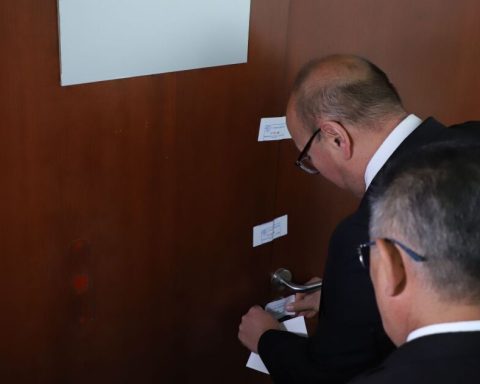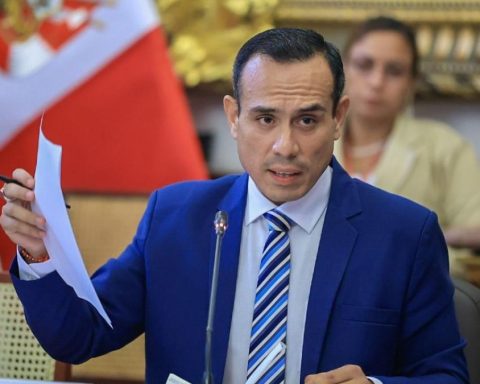Legal pluralism and the indigenous justice system has been one of the issues that has most stressed the conventional throughout this year, both because of the novelty that it means with respect to the current legal system, and because of the questions that it has left regarding to its implementation, according to a report by Fundación Interpreta.
Regarding legal pluralism, the draft of the New Constitution indicates that the State recognizes the legal systems of indigenous peoples that must coexist in equality with the National Justice System.
It also adds that “these must respect the fundamental rights established by this Constitution and the international treaties and instruments on human rights to which Chile is a party. The law will determine the mechanisms for coordination, cooperation and resolution of conflicts of competence between indigenous legal systems and state entities.”
Legal pluralism, therefore, is framed within the rights established in the Constitution itself and also in the international treaties that Chile has signed, but it will be the law that determines how it will behave more specifically.

Distribution of mentions from conventions to legal pluralism and indigenous justice. January 1 – July 1, 2022. Source: Brandwatch Analytics.
Comments on social networks
In social networks, the conventional ones have been vocal regarding this regulation. So far this year, 73 conventional have made a total of 312 publications regarding legal pluralism and indigenous justice. The main peak was recorded on February 14, the day on which a regulation that mentioned legal pluralism was approved for the first time.
That week, the conflicting views of the conventions of the different pacts began to be seen, as can be seen in the following publications of that day, where the convention Teresa Marinovic even ventured that this could “end up handing over our sea to Bolivia ”. This in a tweet with a reach of 482,032.
His colleague Constanza Hube (UDI) expressed himself in similar terms, with a scope of 1,929,762.
“Goodbye to equality before the law. Legal pluralism has just been approved. What does this mean? That there will be different justice systems and we will be judged depending on whether or not we belong to an original people. They continue to advance towards a proposed Constitution that divides Chileans,” he said.

Top mentions by conventionalists regarding legal pluralism and indigenous justice. January 1 – July 1, 2022. Source: Brandwatch Analytics.
Contrast
If the mentions distributed by the different constituent pacts are observed, it can be seen that the cake is distributed in a similar way: 27% of the mentions come from conventional from Vamos por Chile, 23% from Independents, another 23% from Approve Dignidad and 22% of conventional Reserved Seats, despite the fact that these are a minority within the Convention.
If you look at who were the conventional ones who have made the most tweets regarding legal pluralism and indigenous justice, in the first place is the representative of the Aymara people, Luis Jiménez Cáceres, with 24 publications. Also on the list is Natividad Llanquileo, representative of the Mapuche people, with 13 publications.
In addition to legal pluralism, the draft of the New Constitution also states that “in the case of indigenous people, the courts and their officials must adopt an intercultural perspective in the treatment and resolution of matters within their competence, taking due account of the customs , traditions, protocols and regulatory systems of indigenous peoples, in accordance with international human rights treaties and instruments to which Chile is a party”.
This has led the conventional of Vamos por Chile to mention that this could create “first and second category” citizens or that “equality before the law is over.”
Original towns
For Fundación Interpreta, the voices of the conventional ones who represent the different native peoples are often overlooked in the discussion of social networks, because they do not have a digital showcase as wide as some of the conventional ones who represent the sectors traditional politics.
“They have a much smaller digital showcase. They don’t have as much machinery on Twitter, so the algorithm always favors the voices that have more people, have more followers and are more in tune with the political sectors that one sees. The representatives of the people Originally, many times they are a bit outside traditional political circles, so it is more difficult for them to appear in the Twitter feed or for us to see their publications. That is why their voices are invisible,” explains Patricio Durán, data analyst at Fundación Interpreta.
broader perspective
To have a broader perspective of some of the approved regulations, it is necessary to look beyond those conventional ones that receive greater diffusion and go to see what the main promoters of these initiatives think, according to the report.
In this case, the indigenous conventionalists clearly declared themselves in favor of legal pluralism.
“Pu lamgen, I have recently made a speech in the plenary session on legal pluralism, being emphatic in pointing out that with the Eurocentric vision, women lost our right to land and with legal pluralism we can recover that right. Do not fear progress!”, former president of the Convention Elisa Loncon pointed out at the time, with a range of 579,935.
Luis Jiménez, an Aymara representative, pointed out that legal pluralism “allows indigenous justice systems to be recognized on an equal footing with national legal systems. Unlike some who suggest, these are not two parallel systems, but rather complementary ones,” with a range of 32,320.
The Yagán representative Lidia González commented that it was “an important advance in the principles of plurinationality, interculturality and legal pluralism, which we hope will permeate all Chilean justice”, with a scope of 13,923.
“If we review what the conventional representatives of indigenous peoples think, whose voices are much more invisible on social networks because they have less relevance in terms of retweets, likes and reach of their publications, we can see that their opinion is very favorable with respect to what was approved in the plenary session”, highlights the report.






